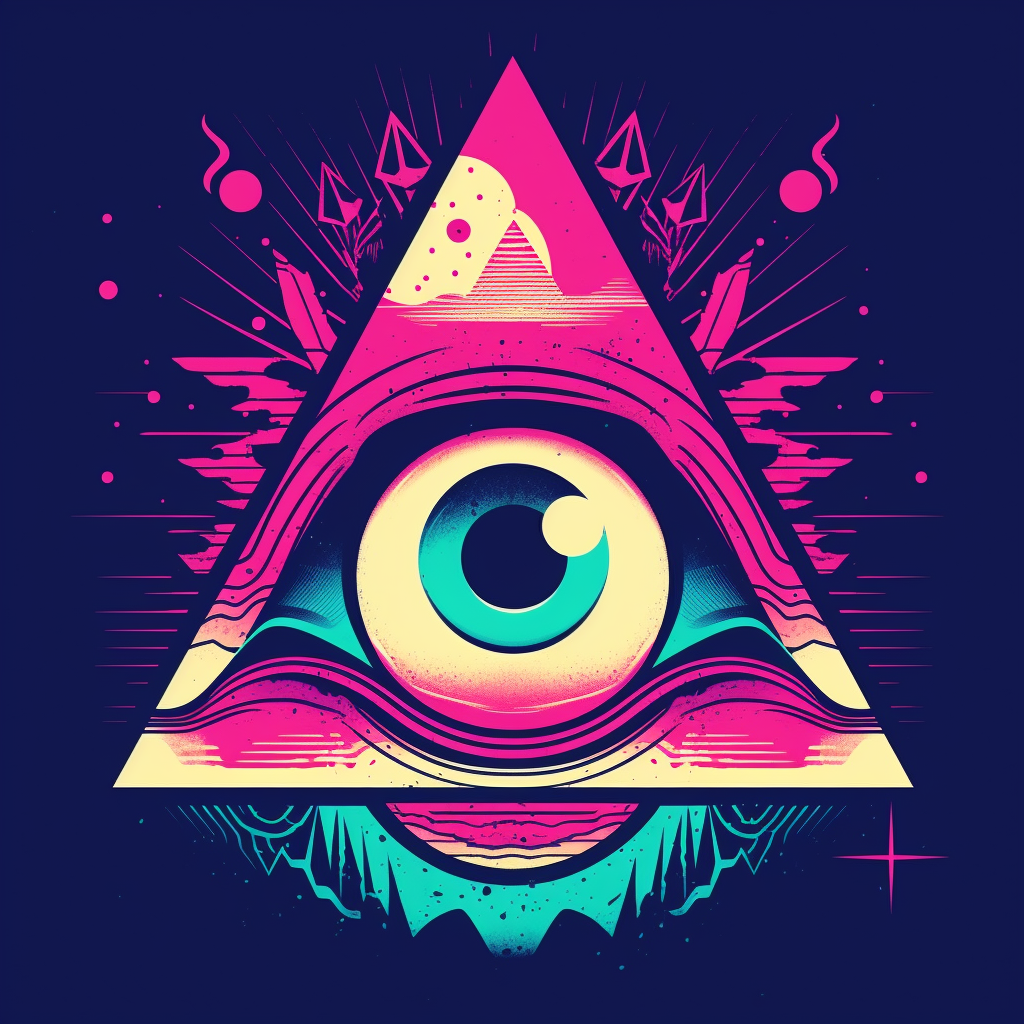I’d like to discuss an intriguing, somewhat fringe idea – the Consciousness Field Theory. This hypothesis postulates that our minds are interlinked, forming part of a vast, interconnected ‘field’ of consciousness that transcends physical boundaries and linear time.
What brings me to discuss this are the numerous accounts of experiences, often dismissed as paranormal, which defy our conventional understanding of consciousness. One such phenomenon that resonates with this theory is ‘crisis apparitions.’ This term refers to situations where individuals sense, see, or hear a loved one at the exact moment of the loved one’s distress or death, regardless of physical distance.
A classic example comes from the sinking of the Titanic in 1912. There were several documented instances of family members and friends, thousands of miles away, experiencing visions or sensations connected with the victims at the time of the disaster.
One such case is of a woman named Mrs. Logan Marshall. She reported waking from sleep feeling the sensation of icy water around her ankles and hearing a voice saying, “I am alright; it is only my feet that are wet.” She later learned that her brother-in-law, a Titanic passenger, had perished when the ship sunk.
Such experiences are common enough to suggest they’re not simply coincidences or the result of overactive imaginations. Could this be indicative of the Consciousness Field Theory at work?
From a scientific standpoint, these phenomena represent a challenging frontier. While our understanding of consciousness is still evolving, there are researchers venturing into this territory. The field of Noetic Sciences, for instance, has conducted experiments on the idea of extended consciousness.
A key figure in this research, Dr. Dean Radin, has conducted several studies on phenomena such as telepathy and precognition, often yielding statistically significant results. While these studies remain controversial and aren’t universally accepted, they do add to the growing body of evidence suggesting that consciousness might extend beyond the individual.
I invite you to share your thoughts, experiences, and knowledge on this profound topic. As we amalgamate our collective experiences and emerging research, we may inch closer to understanding the potential interconnectedness of our consciousness.



Isn’t this similar to the “we” are god as a whole or the universe is experiencing itself theories/ideas. Also the we will eventually combine our consciousness into one entity like in the short story “the last question”
Seems to me if this field did exist it would be trivial to run experiments unless you needed a huge sample size because the effect is so trivial.
You’ve brought up some intriguing points. The “we are god” or “the universe experiencing itself” theories indeed have some overlaps with the consciousness field theory in that they all propose a sort of interconnectedness. The shared consciousness field theory doesn’t necessarily imply an amalgamation of individual identities, though; rather, it suggests that our consciousnesses might exist within a shared field while still maintaining individual experiences.
The reference to Isaac Asimov’s “The Last Question” is insightful. The consciousness field theory, however, doesn’t necessarily imply an end goal of a single unified consciousness. Rather, it explores the idea of a continuously interconnected web of consciousnesses.
As for testing this field, it is indeed a challenge. The effects of this shared consciousness may be subtle and not easily detectable, or they may be more apparent in certain circumstances than in others. While the effect may seem trivial in day-to-day life, it could potentially manifest more clearly in extraordinary situations or during significant events. The scientific exploration of such phenomena is indeed complex, given the intangible nature of consciousness and our current limitations in measuring it.